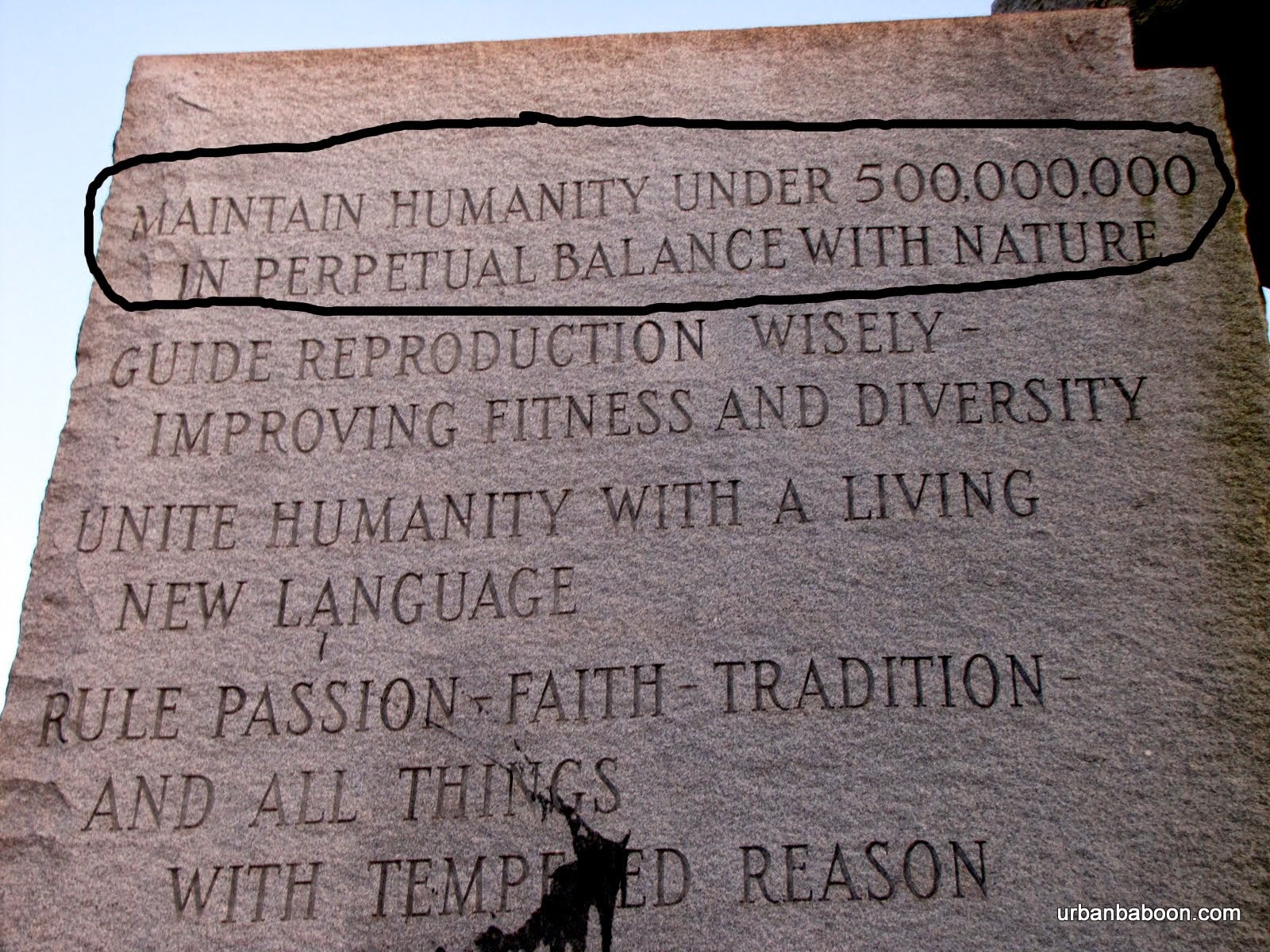Don't worry breh, religion is not at all a part of my argument. Nor do I pretend to bring it into this.This is an overly simplistic analysis.
Liveable space has never been the issue. It's management of systems within a liveable and logistically efficient space. Waste, environmental, pathogenic, social order, etc...
Most food that gets thrown away largely gets thrown away because it expires before it can be consumed. It can't be consumed by more needy people because the logistical, societal, and industrial systems aren't built up in large parts of the world to support the movement of food to those places. We can argue WHY those systems aren't in place, but it's not due in large part to misallocation of resources by the elite.
These arguments don't make any sense unless you're trying to throw a religious connotation over it, and if that's your argument then I guess we have nothing further to talk about. Corporations DON'T want to throw food out, they would love to find a market to sell unused stock even if it was at a STEEP discount, because it's a loss at that point (it doesn't totally get written off a tax write-off). I know this because I used to work in logistics and supply chain losses for one of the biggest food companies in the world.
Furthermore, capitalism is a system based on perpetual growth so it would be antithetical to purposely kill off large parts of the consumer base because then the system would collapse on itself. We see this happening in China where built too many houses and now the country is starting to experience deflation.
The world eventually can support more people, but we currently don't have the technology, infrastructure, or societal cohesion in place to support more people.

I acquiesce your response to my rebuttal that it is an overly simplistic analysis. Which it most certainly is, however it is so precisely because I believe it is unethical to talk about overpopulation without providing clear data stating how, what can be AND in fact is produced does not match the 8+ billion we've got now. Until a study is done across all sectors regarding the basic needs of the populace showing no waste and maximum possible output, that statement cannot be ethically made.
You make a very fair point regarding logistics, and it doesn't take much to see how that can be a major thorn in allocation of resources. It isn't something I thought about when making my point, so thanks for the heads up!
 But breh...we're building spaceships to Mars, spending billions on production of goods available to only a few, instead of improving the technology, infrastructure, or societal cohesion for a better distribution of resources. Globally.
But breh...we're building spaceships to Mars, spending billions on production of goods available to only a few, instead of improving the technology, infrastructure, or societal cohesion for a better distribution of resources. Globally.Amazon came through clutch in allocation of products between continents, but what products are marketed there? How do they make the life of the unfortunate better? Yet the existence of amazon is proof of the ability we have to make a sick ass logistics systems, worldwide.
As for your statement regarding capitalism...to me capitalism and communism both suffer from exactly the same phenomena that the second amendment suffers in the US. They do not account for human corruption and greed for more. And thus these concepts become corrupted, meaning real life capitalism is not about equitable growth, so the opposite of growth happens. My point is simple, when a businessman is faced with two options:
1. Destroying his products so as to not saturate the market and keep control of costumers.
2. Sacrificing time (and thus the business) to find a better solution for distribution and sales, running a high risk of having very very slow growth and poor returns.
He'll always choose option number one. I don't knock it, I'm not afraid to say that if I were a businessman I would 10/10 choose the first option too. Because a businessman does not operate unilaterally, he's got competitors that stand to gain (and kill his business, no mercy) by being more shrewd and getting loyalty and adulation of the clients to boot.
That's why the role of government is far more important than it appears to be if one were to take a look at the world. But competition prioritizes profits (results) more than efficiency at a societal level every time.





 ".
".
